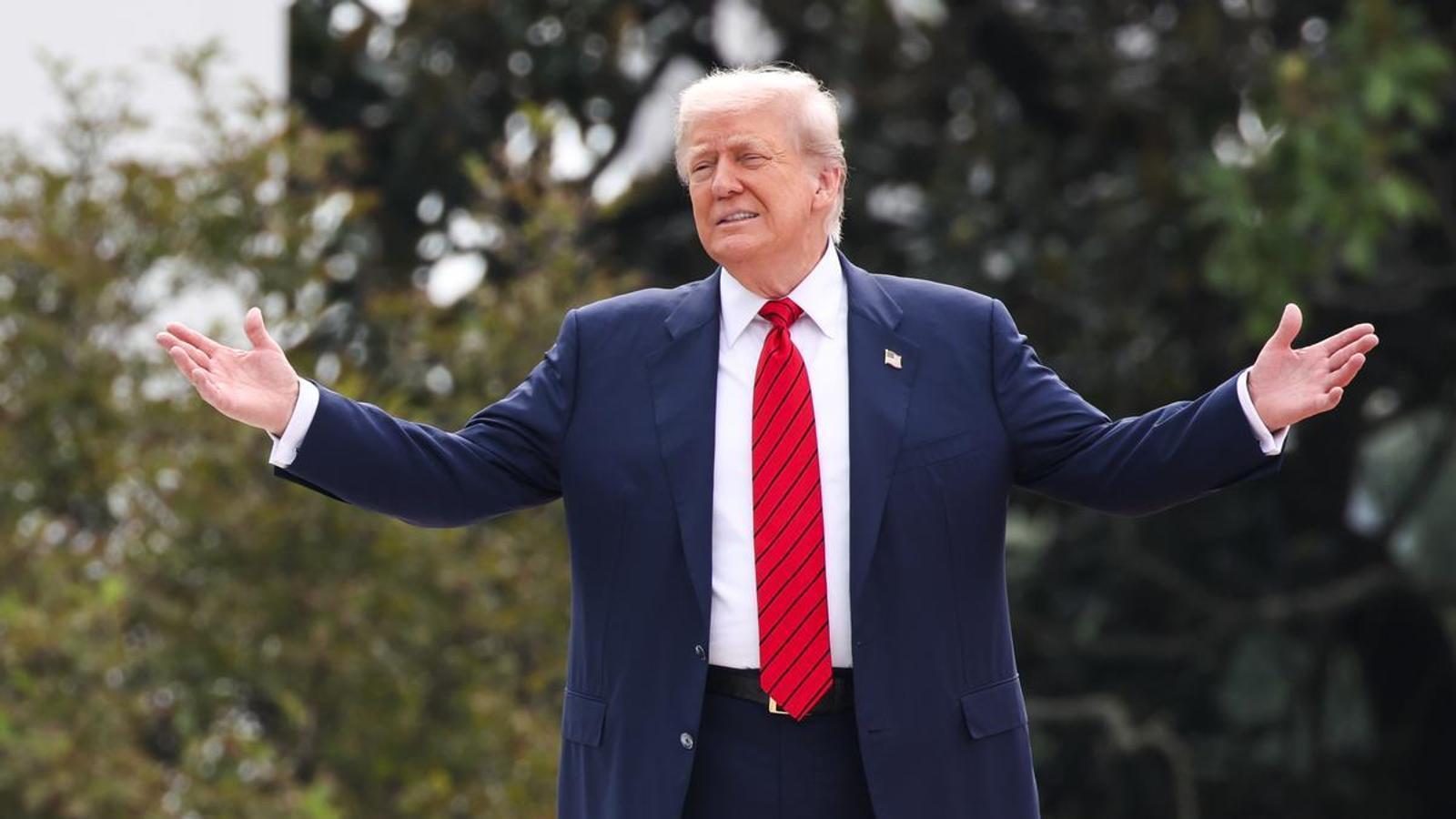Trump's new mathematical nonsense


A video clip is circulating with gusto these days in which the President of the United States is seen boasting about having managed to lower drug prices by 1,500%. The claim is mathematical nonsense because any discount greater than 100% entails a negative price, and therefore, the consumer of the product begins to pay, something pharmaceutical companies would say they are unwilling to do. But Trump can evade this nonsensical rhetoric because he has managed to destroy the common communication system. In the progressive media circuit, articles have proliferated that laugh at the president's mathematical ignorance. But this doesn't reach the other half of the country, which consumes other brands and will simply ignore this blunder. Meanwhile, the 1,500% nonsense will circulate on social media among the unwary.
The advantage of this policy of perpetual noise is that, in reality, Trump hasn't lowered pharmaceutical prices: he's merely asked companies to do so. But given that his tariffs will lead to increased spending on pharmaceuticals—90% of generics are manufactured in India and China—the industry has already calculated that his controversial trade war will increase the bill by more than $50 billion. That's why Trump has excluded medicines from the 15% protection applied to the entry of products from the EU. But it doesn't matter: he knows that all he has to do is brandish an absurd figure to quash serious, data-based debate. This is what, in communications terms, is called "the liar's gain." The benefit of peddling falsehoods into people's pockets isn't that people will believe your lies: it's that it destroys the possibility of knowing what the hell is true. The banality of evil is often the fruit of pure ignorance.
